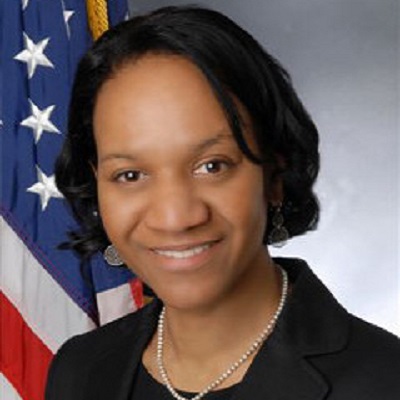
Employers with COVID-19 vaccine mandates must accommodate workers’ “sincerely held religious beliefs, practices and observances” against such requirements unless doing so would create an “undue hardship” for the company, Equal Employment Opportunity Commission Chair Charlotte A. Burrows said Monday as the commission released updated and expanded guidance to employers.
“This update will help safeguard that fundamental right as employers seek to protect workers and the public from the unique threat of COVID-19,” Burrows said.
Religious objections are covered under Title VII of the Civil Rights Act of 1964, which prohibits workplace discrimination based on race, color, religion, sex and national origin, according to the EEOC. But although Title VII requires employers to consider requests for religious accommodations, the EEOC stressed that the act does not protect the social, political or economic views, or personal preferences of employees who seek exceptions to a COVID-19 vaccination requirement.
The EEOC updated its guidance in the wake of requirements for employees to be vaccinated against COVID-19 as a condition of employment at many companies. The action also comes as the federal government, through the Centers for Medicare & Medicaid Services and the Labor Department, prepares to issue COVID vaccine or testing mandates for organizations that receive Medicare and Medicaid reimbursements or that employ 100 or more workers.




